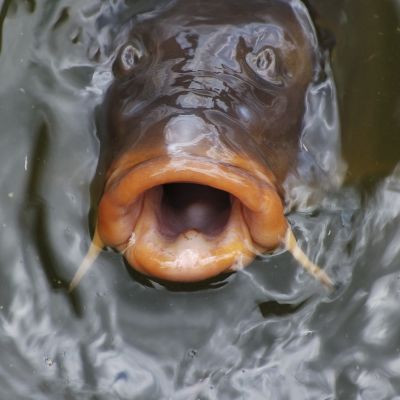
EU biologists have investigated the impact of vegetable ingredients in regulation of food intake of farmed fish.
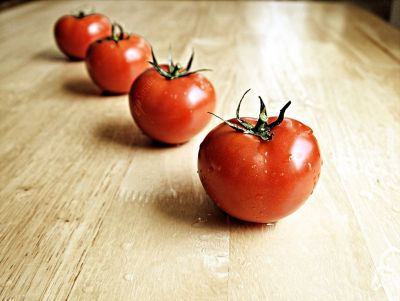
Sixteen partners from European and South American research institutes and companies are looking into environmentally friendly ways to create new bio-products from fruit and vegetable by-products.
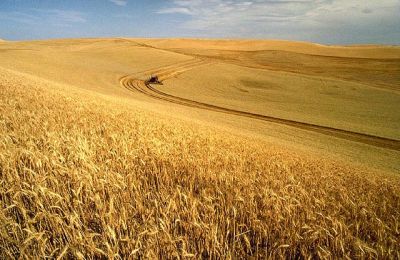
Parasitic fungi that devastate food crops such as wheat seriously impact global food security. Plant pathologists investigated the interaction between a pathogenic fungus and its wheat host in order to improve the host's defence response.
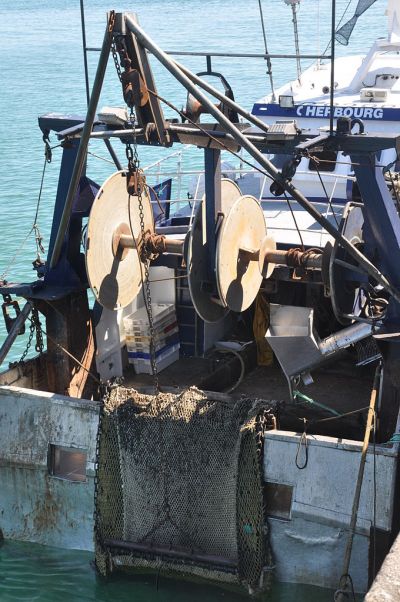
Successful technological innovations achieved through collaboration with the fishing industry will help protect benthic ecosystems and strengthen the economy of Europe's fishing sector
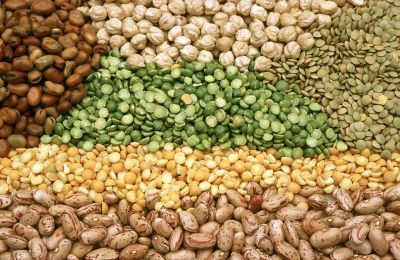
An EU-funded project has investigated how plant and soil traits can influence the productivity of mixed legume and non-legume communities.

The RESFOOD project is looking for ways to make food production, cleaning and processing more water, energy and resource efficient.
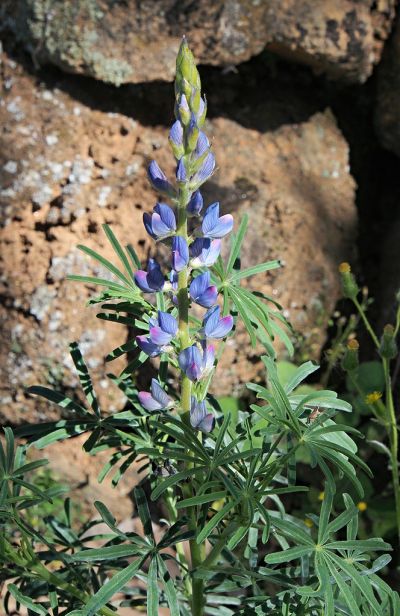
Health foods with a proven potential to control weight and reduce the incidence of obesity are of high marketable value. A European study is developing such dietary supplements with ingredients from the grain narrow-leafed Lupin (NLL)
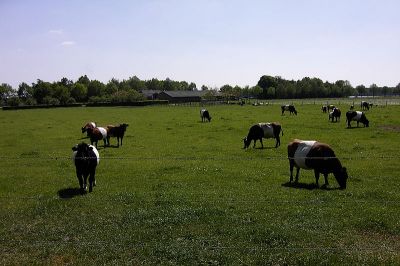
Researchers have identified ways to promote the use of grasslands on farms in the EU, resulting in efficient ruminant production systems and improved provision of ecosystem services.

As the world's population continues to grow, providing healthy foods is an ongoing challenge. An EU-funded project developed a new food geography for sustainable food production.

A study examining the short- and long-term effects of consuming low-fat products has highlighted hidden assumptions.
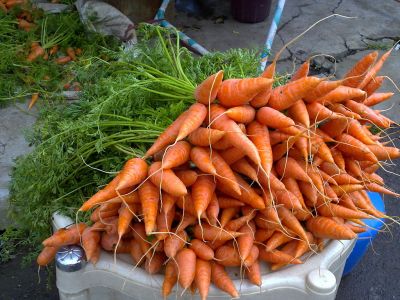
Two research calls have resulted in 14 enterprising projects on promoting organic food markets and farming systems, both in Europe and across the globe.
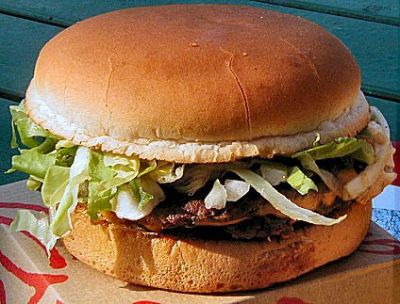
Annually, fruit and cereal processing industries in Europe and India generate millions of tonnes of by-products that are mainly disposed of as waste. Conversion of such by-products into food ingredients and new food products could increase profit and sustainability.
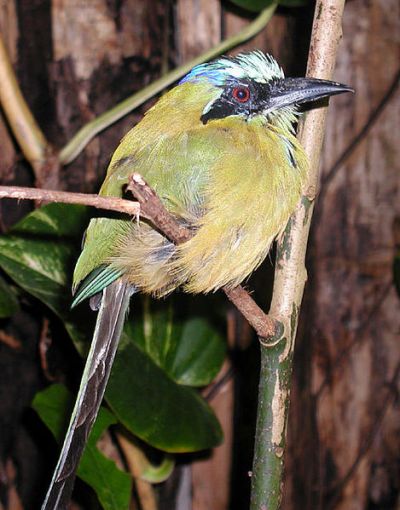
Researchers are investigating the unique reproductive behaviour of the Amazonian bird screaming piha as a foundation for conservation studies.
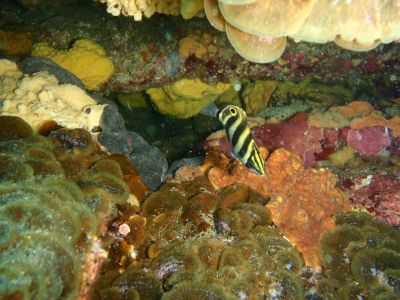
An EU-funded initiative, the CORALFISH project, was established to develop tools and methods to enable application of ecosystem based resource management in the deep sea. This was achieved through the detailed study of the interactions between cold-water corals (a vulnerable marine ecosystem), deep-sea fish and fisheries throughout European seas.
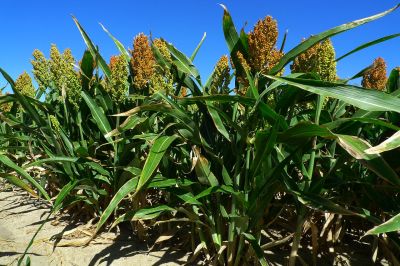
Sweet sorghum has many advantages over other crops when it comes to producing sugar for biofuel. A large international consortium has developed new hybrids, crop models and sustainability analyses to assist in exploitation in numerous environments.
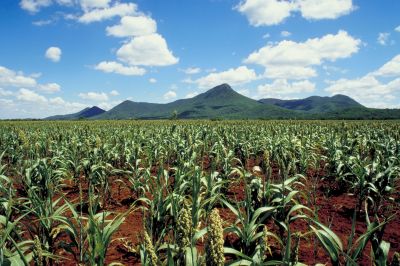
A second round of EU funding was allocated to consolidate progress made in a project dedicated to agriculture research for development.
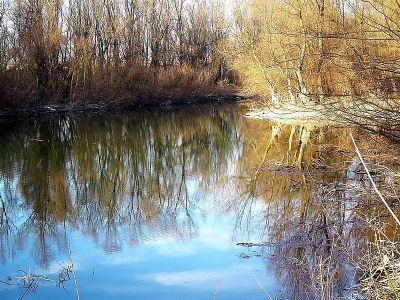
Invasive species are a major threat to the conservation of biodiversity and ecosystem function. Understanding their impacts and the abiotic factors that can influence their success is therefore of major importance.
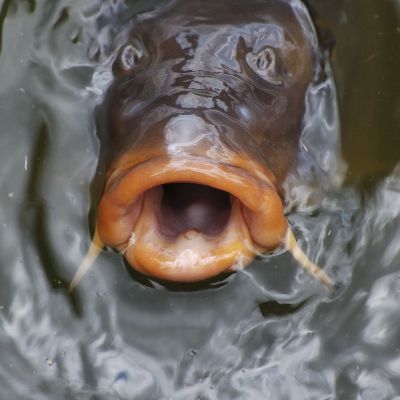
Scientists worked to fine-tune the composition of fish feed and feeding strategy to improve the cost efficiency of European seabass production. Work involved understanding the needs of seabass according to its life stages and environmental and physiological conditions.

Hemp, traditionally grown for fibres, seeds and psychoactive compounds, is perched at the threshold of a revival in interest for production of innovative biomaterials.
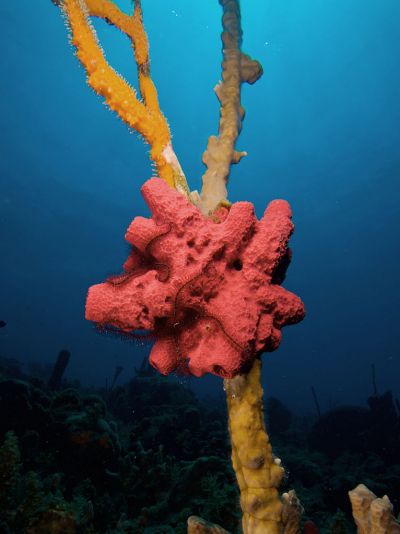
Our planet's oceans are home to an enormous range of different organisms, which are the potential resource for new products that can benefit society. However, no progress has been made after their discovery because these natural products cannot be supplied in sufficient quantity.
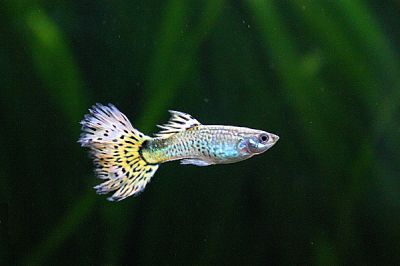
European researchers are investigating sexual selection and male reproductive success characterised by features such as swimming ability of sperm. The effects of ageing are proving to be particularly significant.
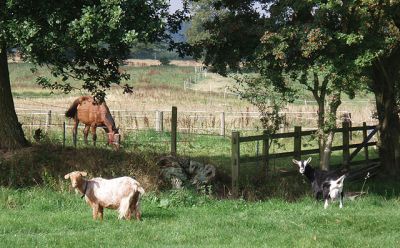
Animal disease research facilities across Europe are now connected in a network with coordinated efforts. This allows addressing existing and emerging infectious animal diseases with improved efficiency.
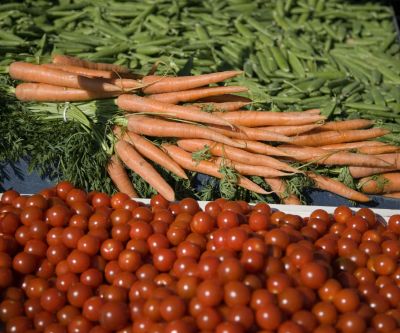
A major Greek university is entering the green/sustainable supply chain management (SCM) field, and sustainable agrifood in particular. The project has recruited 11 senior researchers and established relationships with sector players via a set of secondments.
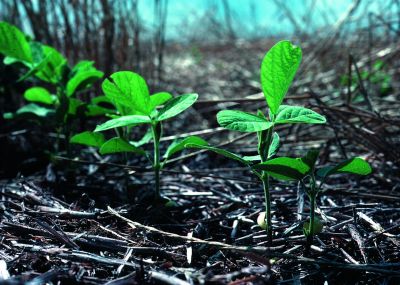
Researchers are identifying genes and physical traits that affect the performance and lifespan of soybean crops during drought and nitrogen stress.
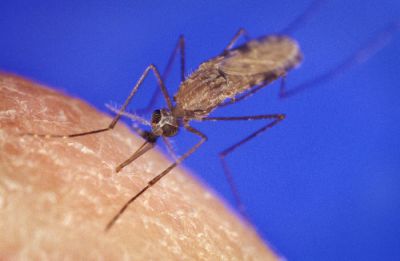
EU funding is backing the development of the most comprehensive toolkit to date to control the notorious malaria vector, the mosquito
























